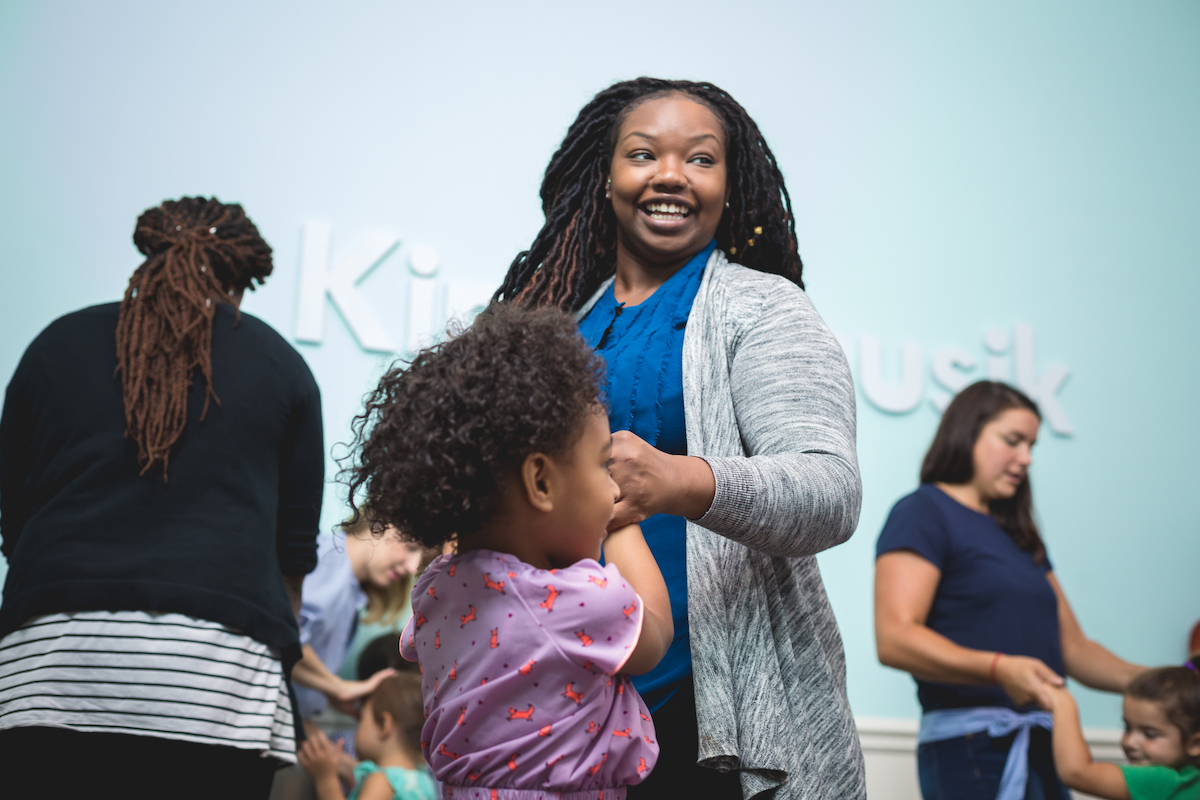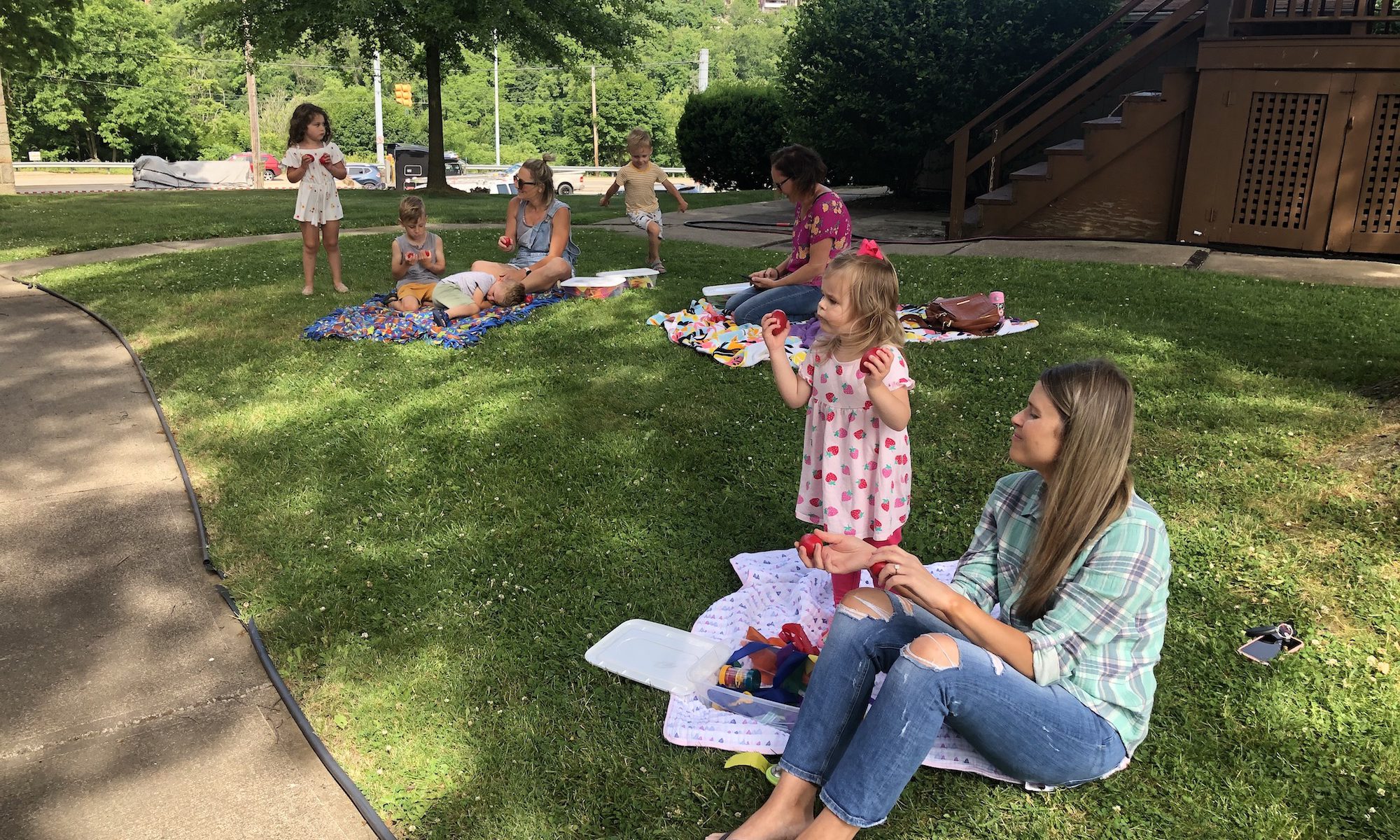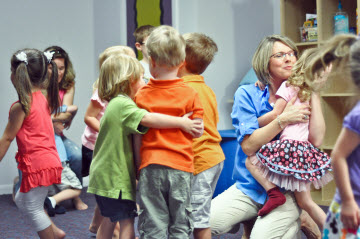Social-Emotional Learning (SEL) for children has been a huge focus in early childhood development over the past 10 years, but what about “Grownup Social-Emotional Growth?” It turns out, it’s just as critical for parents and caregivers to fill this specific brain bucket on a daily basis.
Not to be confused with a fancy face mask or a day at the beach, The Collaborative for Academic, Social, and Emotional Learning (CASEL) defines SEL as “the process through which children and adults understand and manage emotions, set and achieve positive goals, feel and show empathy for others, establish and maintain positive relationships, and make responsible decisions.”
And while it can be hard to focus with little ones around, it’s important to recognize that parents and caregivers shouldn’t put social-emotional growth on hold for alone time.
Continue reading “3 Ways to Build Grownup Social-Emotional Growth”




 Ensemble experiences help children to listen closely and work together as they play-along and sing-along together as a group.
Ensemble experiences help children to listen closely and work together as they play-along and sing-along together as a group.